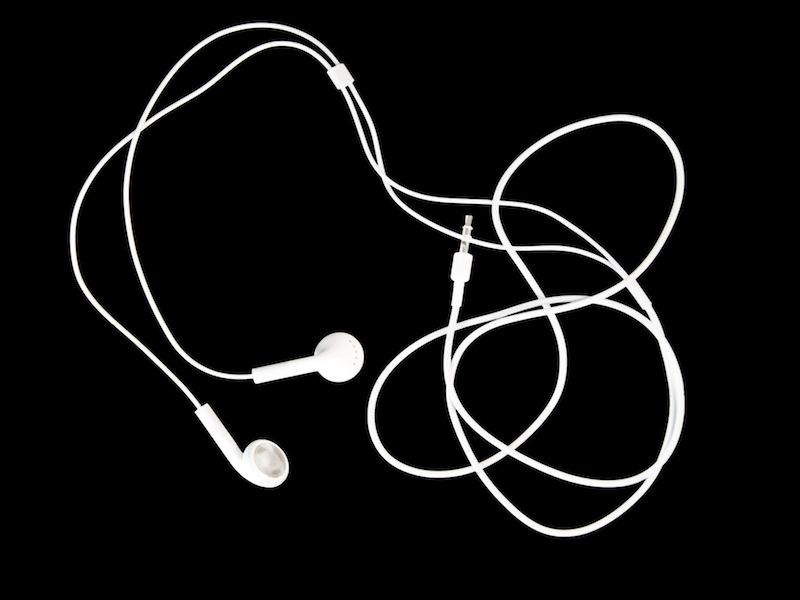
It’s not necessary to feel like your alone if you haven’t had a hearing examination since you were a youngster. It’s not commonly part of a routine adult physical and sadly, we often treat hearing reactively rather than proactively. In fact, even when they know they have loss of hearing, the majority of people ignore it for up to seven years which can severely affect your health. As a matter of fact, untreated hearing loss has been shown to raise your healthcare costs over time.
The good news, hearing tests are easy, painless, and provide a wide range of information for our professionals to help you, both for diagnosing hearing problems and assessing whether interventions such as hearing aids are working. A full audiometry exam is more involved than what you may remember from childhood and you won’t get a sticker or a lollipop when it’s finished but you’ll gain a far clearer understanding of your hearing.
While you might not give the condition of your hearing as much attention as you would the health of your eyes or your teeth, it is important that you regularly get your hearing checked. You may not recognize a problem with your hearing for a long time. Because loss of hearing usually takes place slowly over time it’s not easy to notice it at first, but the sooner you can, the more likely you will be able to successfully deal with it.
When Should You Get Examined?
Normally the hospital will test newborns for hearing loss before they send them home. The American Academy of Pediatrics recommends that children have formal hearing tests when they are 4, 5, 6, 8 and 10 years old and that teenagers should have hearing exams during wellness visits with their doctors.
If you are in between the ages of 18 and 45, it is recommended that you have your hearing examined every five years and then more frequently as you get older. After you turn 60 you need to be examined every two years and if you are in between 46 and 60 every three. But don’t allow that to stop you. The regularity with which you should get checked will ultimately depend on your specific circumstances. If you find that your hearing isn’t what it used to be, you should have it tested immediately. Several health issues are associated with neglected hearing loss, like increased chance of falling, cognitive decline, and depression. Your ability to work effectively and your relationships can also be affected.
And you should get a hearing exam, in some circumstances, as soon as you can if you have hearing loss that is getting quickly worse. An immediate hearing test is advisable if:
- You are experiencing a constant ringing in your ears
- You find yourself having to constantly ask people to repeat themselves
- There is earwax buildup or you had an ear infection
- You are unable to hear conversations, particularly when in crowded areas
- You are experiencing vertigo
- Pinpointing where sounds are coming from is difficult
Whether you are at risk of hearing loss is another consideration. You should get your hearing screened more frequently, for example, if you are subjected to loud noise or if hearing loss runs in your family.
Also, more than 200 ototoxic medications exist. From Aspirin to certain antibiotics, these drugs can be very harmful to your hearing. In order to be certain none of your medications are impacting your ears, check with your doctor. If you need to take a medication that you know is ototoxic, consider getting more frequent hearing testing so you can address any hearing loss right away.
Also, think about your habits and whether they might contribute to hearing loss. Are you using earbuds a lot? Hearing loss has significantly increased in younger people, and many experts think that this is caused by the use of headphones and earbuds. Loud concerts, shows, or machinery can also do considerable damage to your hearing. Schedule your hearing test today if it’s time for you to have your hearing tested.